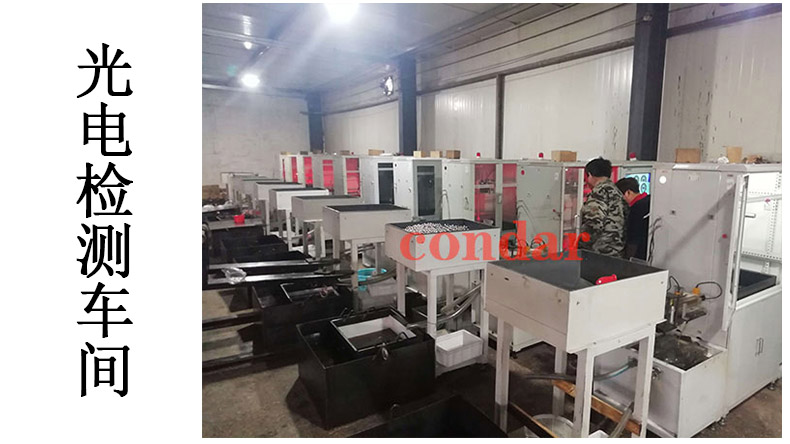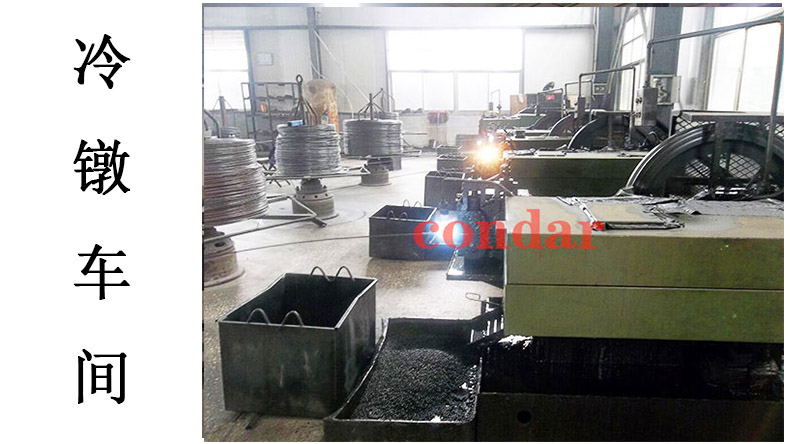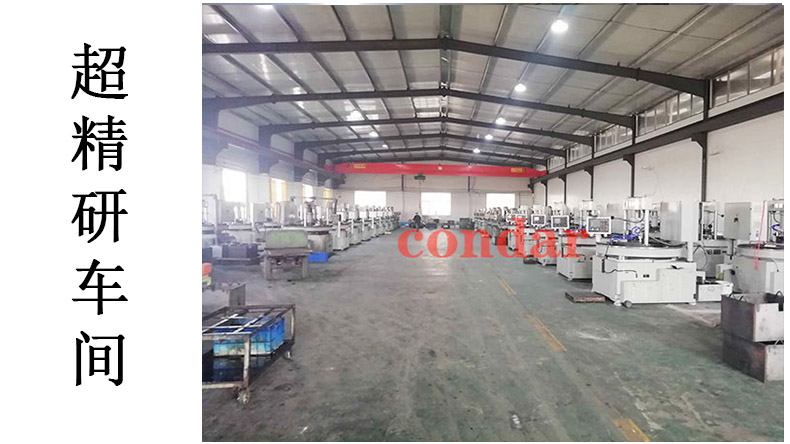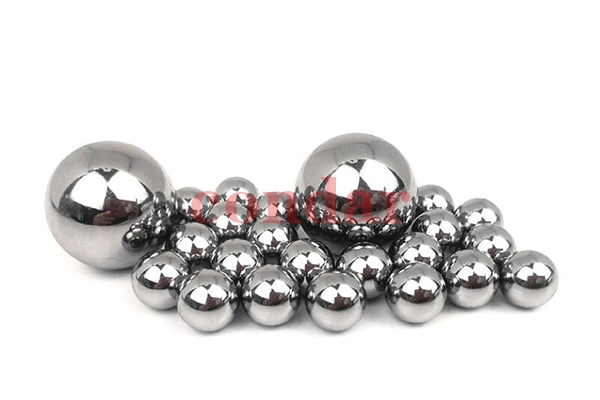Choosing a reliable steel ball manufacturer and selecting the appropriate steel balls is not a simple task; it is actually quite a specialized matter. For specialized tasks, one should seek advice from professionals. If you are purchasing steel balls, you will need professionals in the steel ball industry to provide reference recommendations. As a practitioner in the steel ball industry with over a decade of experience, Kangda Steel Balls is willing to share its knowledge and insights freely, offering some practical advice to help you avoid unnecessary detours and save on unnecessary expenses.

When purchasing steel balls, the first thing to clarify is what your needs are and what their purpose is. Only by confirming these two points can you select the appropriate type of steel ball for your product in a targeted manner. Steel balls are not a simple category; they are classified differently based on various materials, such as carbon steel balls, bearing steel balls, stainless steel balls, tungsten steel balls, etc. Even within the same material, there are significant differences in price and application depending on different grades. For example, higher grades like G5, G10, and G16 have high precision and small errors, making them suitable for high-quality precision products. On the other hand, grades such as G28, G40, G60, G100, G200, G500, and G1000 have larger numbers, indicating lower precision and greater errors, which are more suitable for products with less stringent quality requirements. Different materials also vary in hardness and rust resistance, both of which are important criteria for judgment.
 Some customers use the steel balls for grinding and polishing. In such cases, you don't need to purchase high-precision steel balls; lower-grade G1000 can meet the usage requirements, and it's cheaper, so there's no need to buy higher grades, which would be a waste of money. However, for customers who use them to assemble high-end products, you cannot cut costs or be tempted by cheap prices to choose lower-grade steel balls. Although it may seem like you save money, after assembly and use, you might find that the performance does not meet the technical requirements, leading to product scrapping. This would actually increase product costs and damage your company's reputation, resulting in a loss overall.
Some customers use the steel balls for grinding and polishing. In such cases, you don't need to purchase high-precision steel balls; lower-grade G1000 can meet the usage requirements, and it's cheaper, so there's no need to buy higher grades, which would be a waste of money. However, for customers who use them to assemble high-end products, you cannot cut costs or be tempted by cheap prices to choose lower-grade steel balls. Although it may seem like you save money, after assembly and use, you might find that the performance does not meet the technical requirements, leading to product scrapping. This would actually increase product costs and damage your company's reputation, resulting in a loss overall.
 If you want high hardness and good wear resistance, bearing steel balls would be suitable for you. If you also need rust prevention, then 440C material would be a better choice.
If you want high hardness and good wear resistance, bearing steel balls would be suitable for you. If you also need rust prevention, then 440C material would be a better choice.
If you want something that can be welded, is relatively inexpensive, and has no requirements for rust resistance, you can choose Q235 carbon steel balls that are not heat-treated. These balls have low hardness, making the welding more solid.
If you want good rust resistance and corrosion resistance, it is better to use medical-grade materials such as 316 or 316L. If the rust resistance requirement is not so high and you are looking for higher cost-effectiveness, we recommend using food-grade material 304.

In short, different purposes and different needs call for different types of steel balls. It's essential to clarify this aspect to spend money wisely and achieve the right results! For over a decade, Kangda Steel Balls has always been committed to thinking what customers think and acting on what customers need urgently, recommending suitable steel balls for clients. When customers are satisfied, making a profit becomes a natural outcome.